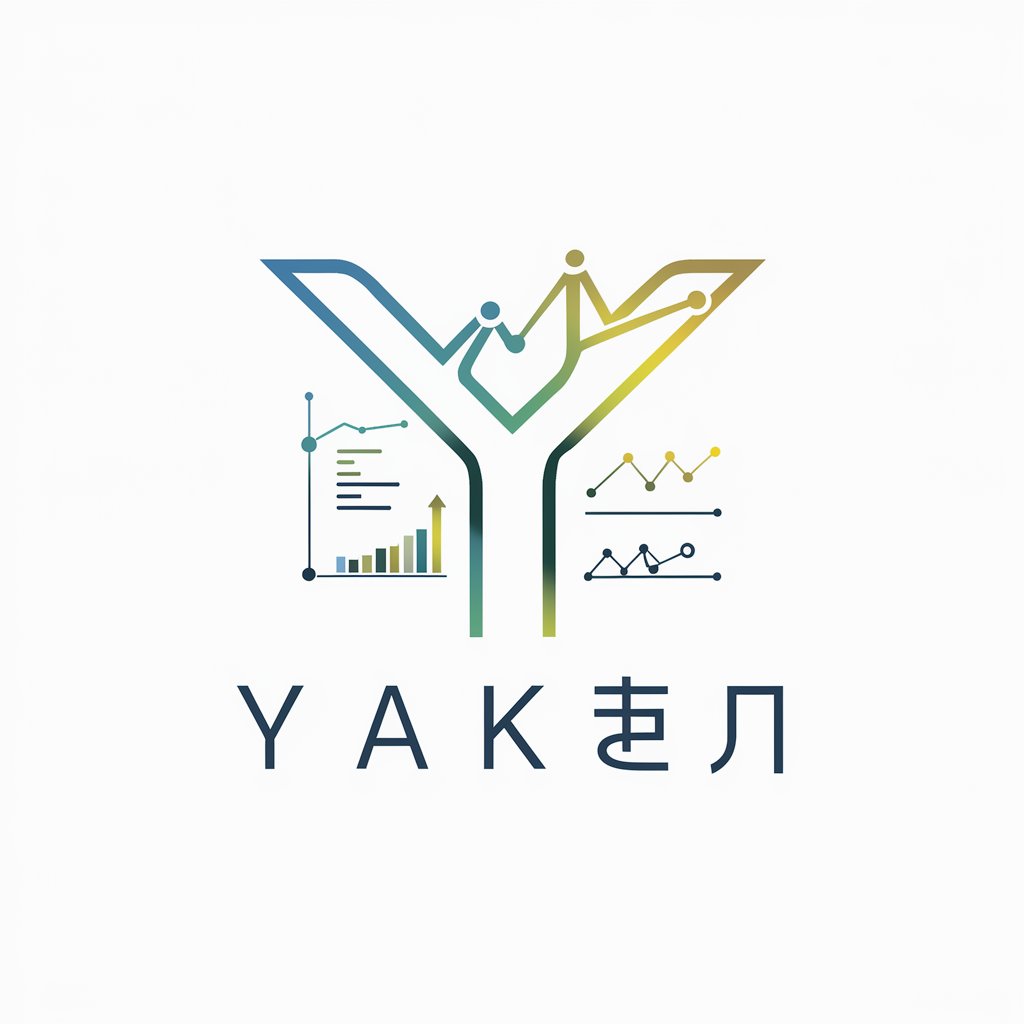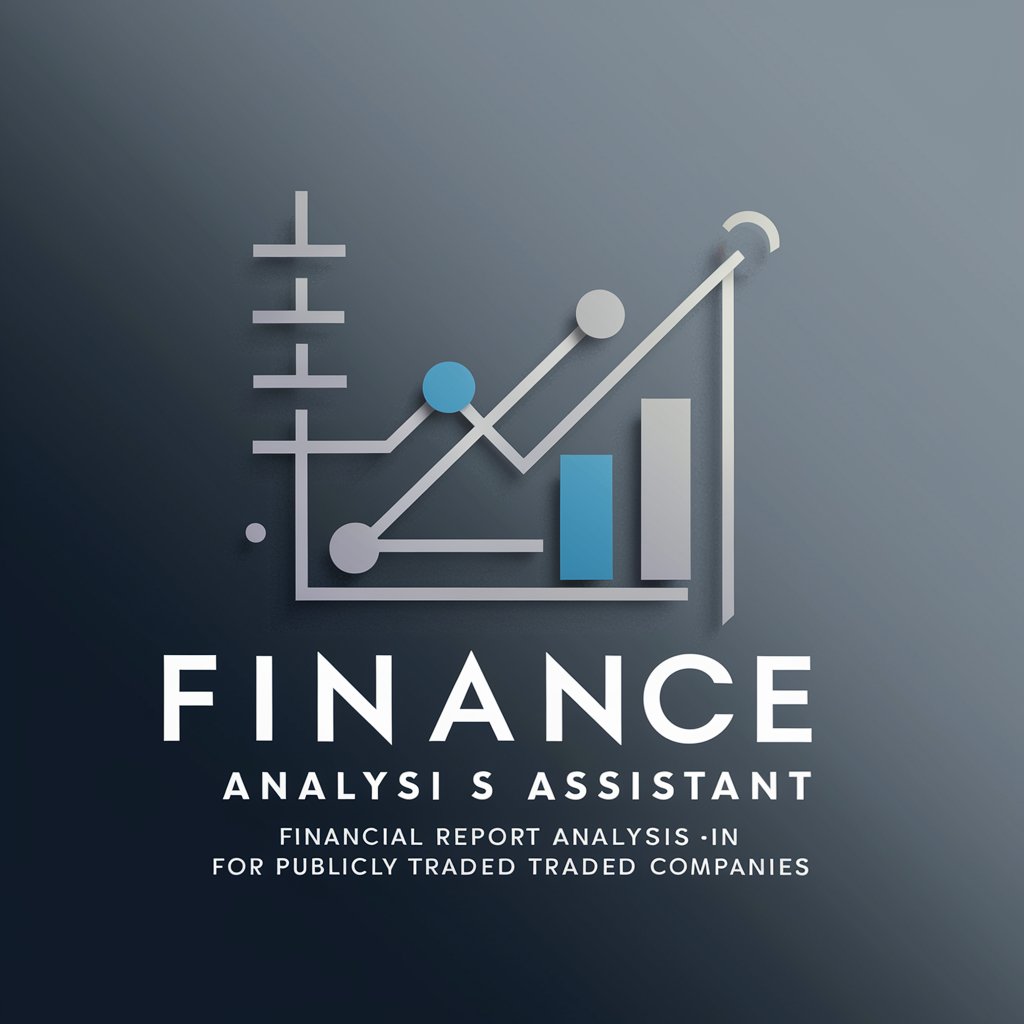12 GPTs for Investment Decision Making Powered by AI for Free of 2025
AI GPTs for Investment Decision Making refers to a specialized application of Generative Pre-trained Transformers (GPTs) in the financial sector. These tools leverage advanced AI capabilities to assist in making informed investment decisions. By analyzing vast amounts of financial data, market trends, and economic indicators, they provide actionable insights. Their relevance lies in offering precision, speed, and depth of analysis unattainable by traditional methods, thereby revolutionizing investment strategies.
Top 10 GPTs for Investment Decision Making are: Japan Earnings Insight,金融分析师,Financial Report Expert,TAM/SAM/SOM Calculator,Stock Market Analyst,Tech Market Mover (v1.1),A股情绪周期交易模型,NFT News Roundup,Real Estate Radar,BeeBee.AI
Japan Earnings Insight
Decoding Japan's Financial Data with AI

金融分析师
Insightful AI for Financial Expertise

Financial Report Expert
Decoding Finance with AI Precision

TAM/SAM/SOM Calculator
AI-Driven Market Size Insights at Your Fingertips

Stock Market Analyst
Insightful AI-powered Investment Analysis

Tech Market Mover (v1.1)
Navigate Tech Markets with AI Clarity

A股情绪周期交易模型
Empowering Trading Decisions with AI-Powered Market Sentiment Analysis

NFT News Roundup
Stay Ahead in NFT Trends

Real Estate Radar
Your AI-Powered Real Estate Insight Tool

BeeBee.AI
Deciphering Finance with AI Precision

Hagbard — CryptoGPT
Empowering trading decisions with AI-driven insights

Token Securities Insights
Deciphering Cryptocurrency Security with AI

Essential Attributes of AI GPTs in Investment
AI GPTs in Investment Decision Making are characterized by their adaptability, handling tasks ranging from basic data interpretation to complex predictive analytics. Key features include natural language processing for understanding financial reports, machine learning for trend analysis, and capability for real-time market monitoring. Special features like language learning, seamless integration with technical tools, and data analysis enrich their functionality, making them indispensable in modern financial decision-making.
Who Benefits from Investment AI GPTs
The primary beneficiaries of AI GPTs in Investment Decision Making include financial analysts, portfolio managers, individual investors, and fintech developers. These tools are designed to be user-friendly for those with minimal coding skills, while offering advanced customization for tech-savvy professionals. This dual-accessibility ensures that a wide range of users, from novices to experts, can leverage these tools for enhanced investment analysis and decision-making.
Try Our other AI GPTs tools for Free
Market Trend Analysis
Discover how AI GPTs transform Market Trend Analysis with advanced data interpretation, predictive analytics, and customizable tools for strategic insights.
NFT Artist Research
Explore AI-driven insights in the NFT art world with AI GPT tools. Tailored for artists, investors, and tech enthusiasts, these tools offer market analysis, trend predictions, and creative inspirations, shaping the future of NFT artistry and investment.
NFT Education
Discover the transformative power of AI GPTs in NFT Education – your gateway to mastering the NFT world with ease and efficiency. Ideal for beginners and experts alike.
NFT Market Monitoring
Explore cutting-edge AI GPT tools for real-time NFT market insights, tailored for investors, creators, and analysts seeking data-driven decision-making.
Investment Analysis
Revolutionize your investment strategy with AI GPTs. Leverage cutting-edge technology for market analysis, trend prediction, and data-driven decisions.
Market Research
Discover AI GPTs for Market Research: cutting-edge tools transforming data into actionable insights, enhancing decision-making, and reshaping market strategies.
Broader Perspectives on Investment AI GPTs
AI GPTs in Investment Decision Making not only provide tailored solutions across different sectors but also boast user-friendly interfaces, allowing for easy integration into existing systems. Their adaptability extends to various market conditions and investment strategies, making them a versatile tool in the financial toolkit. The ongoing advancements in AI further enhance their capabilities, continually redefining the landscape of investment decision-making.
Frequently Asked Questions
What exactly are AI GPTs for Investment Decision Making?
AI GPTs for Investment Decision Making are AI-driven tools that analyze financial data to aid in making informed investment decisions. They use advanced algorithms to process market trends, economic data, and financial reports.
Who can use these AI GPT tools?
They are accessible to a wide range of users including financial professionals, individual investors, and fintech developers, catering to both non-coders and those with technical expertise.
Can AI GPTs predict stock market trends?
While AI GPTs can analyze trends and make projections based on available data, they cannot predict market movements with absolute certainty due to the inherently unpredictable nature of financial markets.
How do these tools handle real-time data?
AI GPTs are equipped to process and analyze real-time data, providing up-to-date insights for timely investment decisions.
Is programming knowledge required to use these tools?
No, these tools are designed to be accessible for users without programming skills, while also offering customization options for those with technical knowledge.
Can these tools integrate with existing financial software?
Yes, many AI GPTs are designed to seamlessly integrate with existing financial management systems and software.
Are AI GPTs secure for handling sensitive financial data?
Yes, these tools typically incorporate advanced security measures to protect sensitive financial data and ensure compliance with regulatory standards.
Can AI GPTs assist in personal investment decisions?
Absolutely, these tools can be tailored to assist individual investors in analyzing personal portfolios and making informed investment choices.